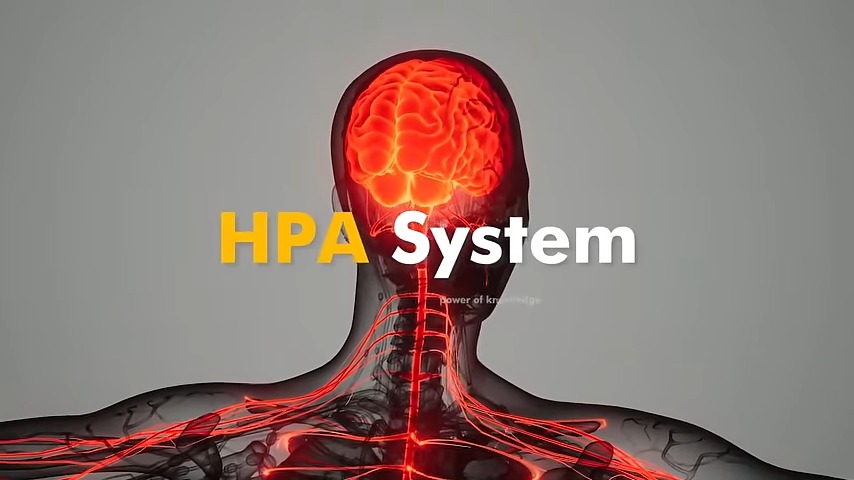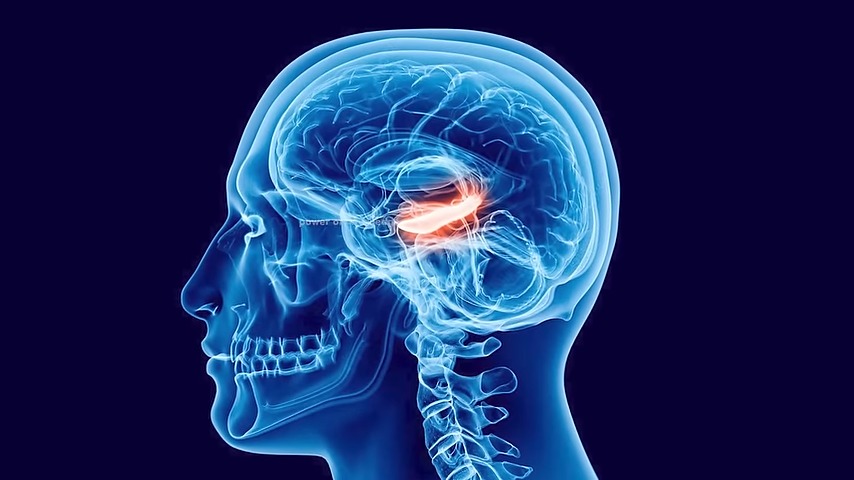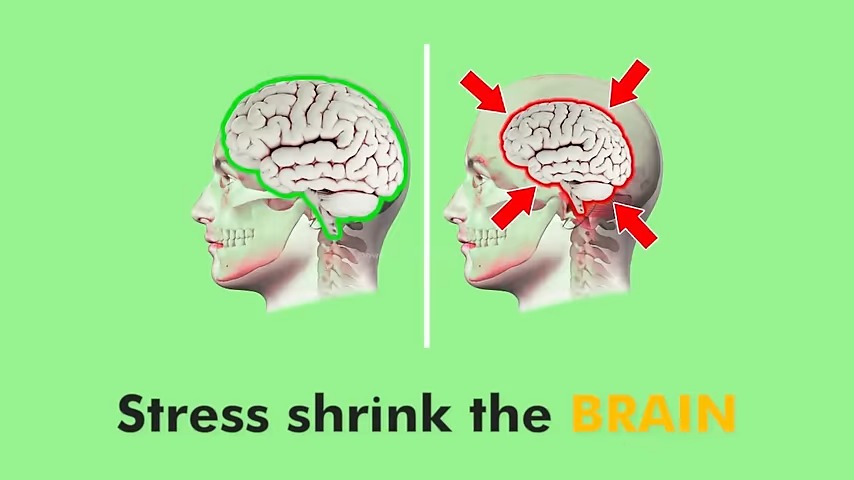Introduction
Stress is a common part of our daily lives. It is not always a bad thing. For instance, stress can give your body an extra boost when participating in sports or giving a public speech. However, chronic stress, such as dealing with a divorce, the death of a loved one, job tension, or excessive workload, can lead to negative changes in your body and mind. Let’s delve into the science of stress and understand its impact on our brain and body.
The Science of Stress
When a person faces a stressful situation, the HPA (Hypothalamus-Pituitary-Adrenal) system is activated.

This system involves the brain’s hypothalamus secreting a hormone called Corticotropin-Releasing Factor (CRF), which stimulates the pituitary gland. In response, the pituitary gland releases Adrenocorticotropic Hormone (ACTH). ACTH travels through the bloodstream to the adrenal glands, located above the kidneys, triggering the release of cortisol, commonly known as the stress hormone. Cortisol brings about several changes in the body to deal with stress:
- Slows Down Non-Essential Processes: Cortisol slows down processes like digestion, reproduction, and immune function to save energy for overcoming the stressful situation.
- Increases Blood Sugar Levels: This ensures that the brain has enough energy to handle the stress.
While these changes are beneficial in the short term, chronic stress can have detrimental effects on both the body and the brain.
Effects of Chronic Stress on the Brain
- Increased Mental Illness: Chronic stress increases the production of myelin-producing cells in the brain. Myelin is an insulating fatty material. Excessive myelin can disrupt communication between neurons, affecting communication skills and balance.
- Kills Brain Cells: The hippocampus, a region in the brain where new brain cells are formed, is particularly affected by chronic stress. High cortisol levels can kill existing brain cells and disturb the formation of new cells, potentially leading to Alzheimer’s disease in older adults.
- Impairs Memory: The hippocampus plays a crucial role in learning and memory. Chronic stress impairs its function, leading to memory loss and depression.
- Shrinks the Brain: Chronic stress can lead to a reduction in brain volume, particularly in the prefrontal cortex, affecting concentration, decision-making, judgment, and social interaction.
- Debunking the Cruciferous Vegetable and Thyroid Myth 2024
- Understanding and Addressing Heartburn Indigestion, and GERD
- Understanding Inconsistent Sharp Abdominal Pain, it’s Causes and Treatment
- Understanding Optic Atrophy, it’s Causes, Symptoms, and Treatment
- 8 Gym Machines That Could Be Harming Your Progress
- Things Nobody Tells You about Lower Belly Fat | Proven Tips for Fat Loss 2024
- How to Start Exercising: Essential Tips for Beginners
- How to Enhance Your Personality and Confidence through Exercise 2022
- Benefits of Exercise: Six Key Advantages You Need to Know 2024
Managing Chronic Stress
Is there a way to reduce or eliminate chronic stress to keep our brains healthy? Yes, we can manage stress through:

- Exercise: Moderate exercise for 30 to 40 minutes releases hormones that help us feel relaxed and reduce stress.
- Social Interaction: Spending time with family or friends and engaging in conversations can also reduce stress. Humans are social animals and they need the support of others.
- Prayer: Prayer is one of the most effective remedies for reducing stress.
Remember to include these practices in your daily routine to manage stress effectively. If you found this information helpful, please remember me in your prayers. Thank you.
For Traveling Tips and Trick, click here








